Interview
Interview by Geneviève Gilbert @Pink Cross Foundation Australia — Melbourne, August 2022.
According to Good Therapy® goodtherapy.org, those experiencing posttraumatic stress have […] reported improved mental and emotional well-being as a result of poetry therapy. Some individuals who have survived trauma or abuse may have difficulty processing the experience cognitively and, as a result, suppress associated memories and emotions. Through poetry therapy, many are able to integrate these feelings, reframe traumatic events, and develop a more positive outlook for the future.
People experiencing addiction may find poetry therapy can help them explore their feelings regarding the substance abuse, perceive drug use in a new light, and develop or strengthen coping skills. Poetry writing may also be a way for those with substance abuse issues to express their thoughts on treatment and behavior change.
I am Geneviève Gilbert, the Founder and Executive Director of Pink Cross Australia. I myself am a survivor of the sex trade. In May 2022 I was introduced to the work of writer Rose Hunter through a media release sent by her publishing house. I was hoping to get to know the woman behind this superb, breathtaking release, so I sent her a few questions. Here are her responses.
It has been an honour and pleasure to get to know Rose through the interview and her book Body Shell Girl, by Spinifex Press.
– Geneviève
Question 1
The Diagnostic and Statistical Manual of Mental Disorders, fifth edition (DSM-5),1 defines dissociation as a disruption, interruption, and/or discontinuity of the normal, subjective integration of behavior, memory, identity, consciousness, emotion, perception, body representation, and motor control.
There are five types:
- Dissociative Identity Disorder (DID);
- Dissociative Amnesia (DA);*
- Depersonalization/Derealization Disorder (DPDRD);
- Other Specified Dissociative Disorders (OSDD);
- Unspecified Dissociative Disorder (UDD).
Can you share with me a poem from Body Shell Girl that describes dissociation, as we understand it from s*x work/prostitution being a very traumatic, repeated sexual violence experience?
Yes, dissociation is all over the book. The poem “Rick” has those lines with the book title in it, which refer to dissociation:
think of my body as a shell
that I could vacate, not as metaphor, or symbol
but as a real possibility
(p. 42)
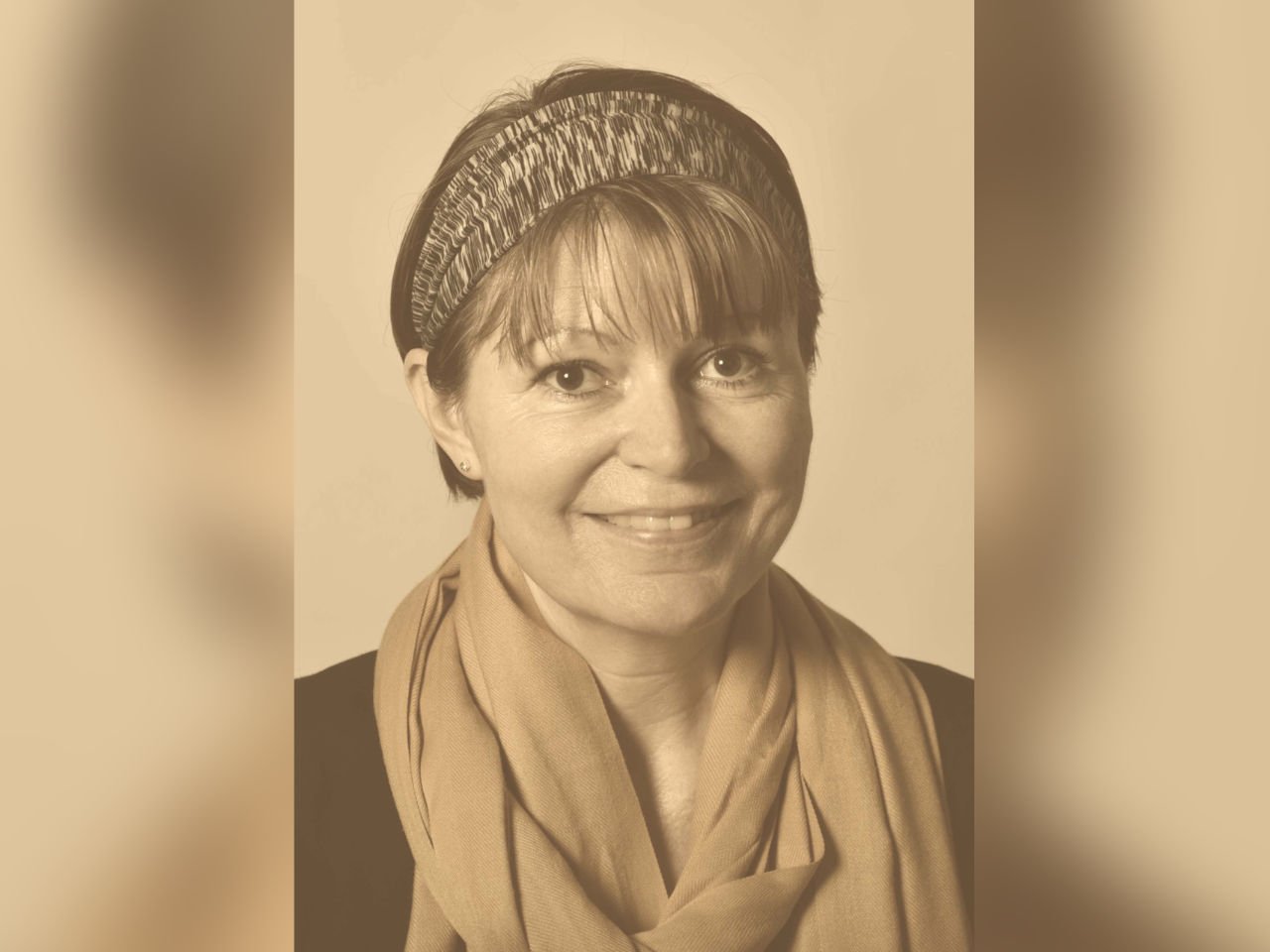
Another example is “Well I Got to Vancouver and All I Found Were Brothels.” This is the first poem of the second section of the book. In the first section I’ve been in the massage parlours in Toronto. In this poem I’ve moved to Vancouver assuming there would be the same sort of set-up there, but to my surprise there isn’t, so I end up in a brothel. So far in the massage parlours I’ve been doing hand jobs and nude massages, and in this poem I do what the industry calls “full service.” Here is the end of that poem:
… Telling myself, “Relax, relax,”
self-talking myself, “Self, self,”
imagining open
front doors and entrances
drawbridges, sluice gates, truly, well
I guess it was a bit
funny?
?
Leaning back, back
into a place where I didn’t have a body
(therefore nothing was happening to it)
I was just a mind
of pop songs or reciting things
the hook endlessly, playing
covering the puncture wounds in the silence deep as fangs
(p.63)
One of the strategies I used to dissociate—which I never thought about how to do per se; it just came naturally—was to play music in my head, or repeat phrases over and over with no space between them (an attempted drowning out of other thoughts), or think of things I could see as funny (even if they weren’t really). The more I was focused on the drama or the noise of my own (distraction-focused) thoughts, the less I noticed what was going on in the physical world. I was to use this strategy basically all the time in parlours and brothels, etc.
Question 2
Which year did you leave Australia, and why?
I left Australia in 1997, the same year my book begins.
I had a year’s working visa for Canada that I was able to get as a recent university graduate, and a firm desire to leave Australia and never come back. I thought Australia might be one cause for my eating disorder and my unhappiness, and I thought life would be different if I could get away from this country.
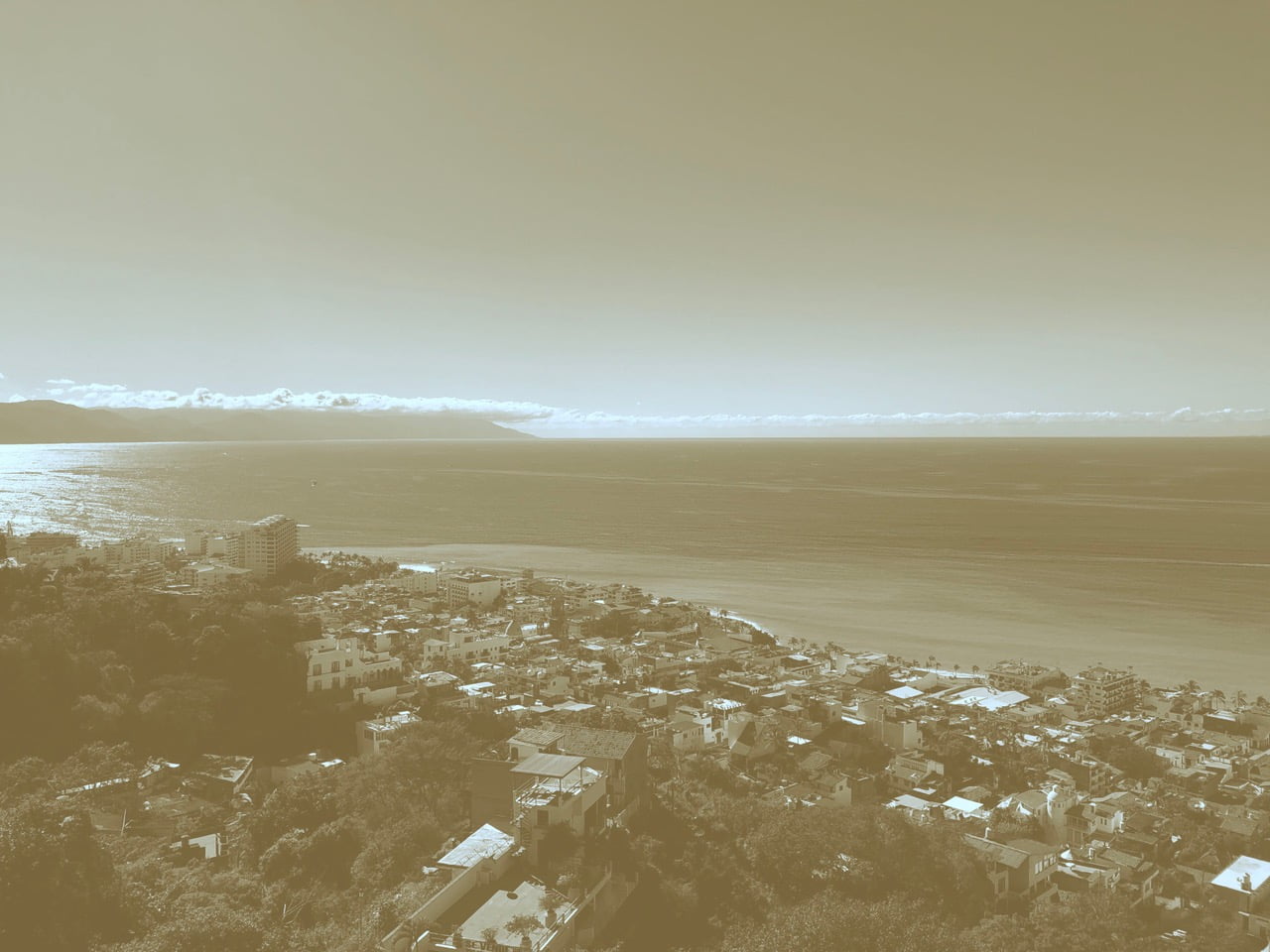
That might sound strange to some people, but addicts of different stripes frequently do this. In the recovery program I’m part of it’s called “doing a geographical.” That is, moving geographically in an attempt to change the (inner) self.
As most people except addicts know, this doesn’t work (“wherever you go, there you are,” to quote Jon Kabat-Zinn and others). But I thought it would work, or maybe I just had no other clue what to do.
Question 3
My mental health now is generally very good, and when it’s not, I have the tools to get myself back on an even footing (tools that I never had during my years in the industry, or before). These tools are not drugs or medications.
It’s been a long journey to get to this point, and I see it as a process rather than a done deal, and I am always learning new things and having new insights. One thing for sure though, for me I had to stop the eating disorder, and the alcoholism and pill addiction that I developed later on.
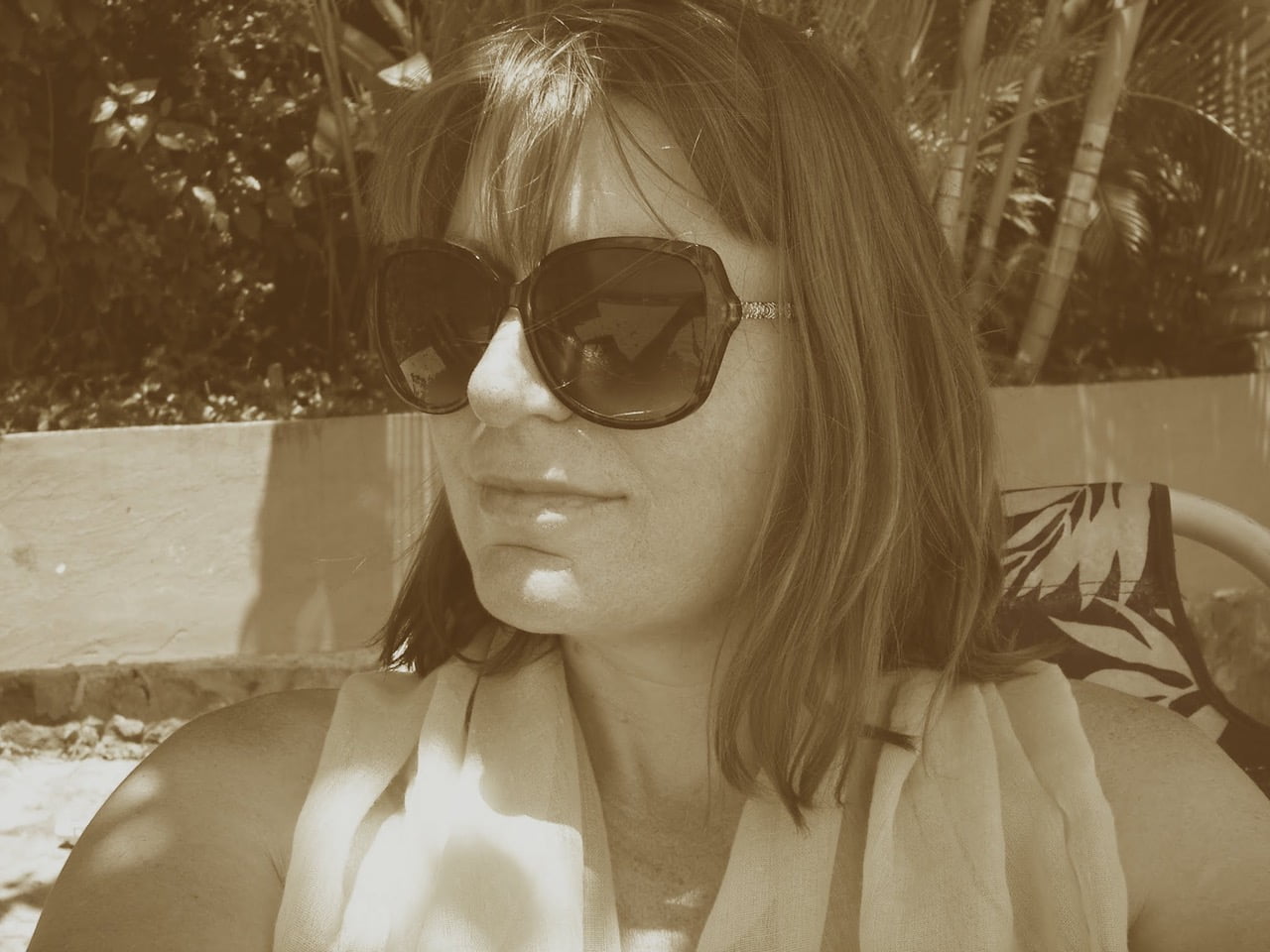
I’ve been free of my eating disorder as well as sober for over seven years now, and free of the pills for longer than that. That was the first step, to put all those things down, so I could learn how to deal with having an emotion without stuffing food over it, pouring alcohol on it, or generally having to get unconscious over it. I had started stuffing down my feelings with food so young.
So I basically had to cope with having emotions and not “medicating” them, for almost the first time in my living memory, starting in my late 30s/early 40s.
I don’t want to recommend anything per se for survivors, because everyone is different. But for me personally, the hands-down best thing I’ve ever done in life is to join a Twelve Step group in order to recover from my addictions.
I also saw a psychologist for the first time at the end of 2020, and for some of 2021. Specifically I was seeking to process the trauma I still carry, particularly from my time in the sex industry, but also from my childhood, and my experiences of intimate partner violence.
We did some EMDR (Eye Movement Desensitization and Reprocessing psychotherapy), which I had first read about in Bessel van der Kolk’s fantastic book on trauma, The Body Keeps the Score. I specifically wanted to do that (EMDR technique).
But having done it, I don’t know how helpful it was for me (although I may be unusual, as it seems to have helped others). My psychologist was lovely though, and that is always helpful. I no longer see a psychologist now.
I feel I need time for those (EMDR) sessions to sit, to decipher what they meant. They were very difficult, and I was mostly flattened (non-functional; couldn’t sleep, shaking, sobbing, etc.), for one to two whole days afterwards. Right now, I’m really not sure whether that helped, although I could change my mind about that.
In 2015, which was also the year I got sober, I did some yoga that was catered specifically to trauma (van der Kolk also talks about the value of this approach in his book). I’d go to those sessions and just bawl through the whole thing, which was perfectly acceptable of course, but then I’d go home and feel good afterwards; I wasn’t flattened for days like I was with the EMDR.
The person who was running those yoga sessions (who was so wonderful!) left town (this was when I was living in Mexico), and I have never found another session to attend, although I keep meaning to. Truly I know that was very beneficial.
Question 4
What were your dreams as a child/teenager? What are your hopes for the future now?
My dreams as a child and teen were to be a person who didn’t have an eating disorder; someone who ate like a normal person. I also wanted desperately to be free of the bad and trapped situation I was in.
These days, I have many more dreams. Being able to write this book was one of them.
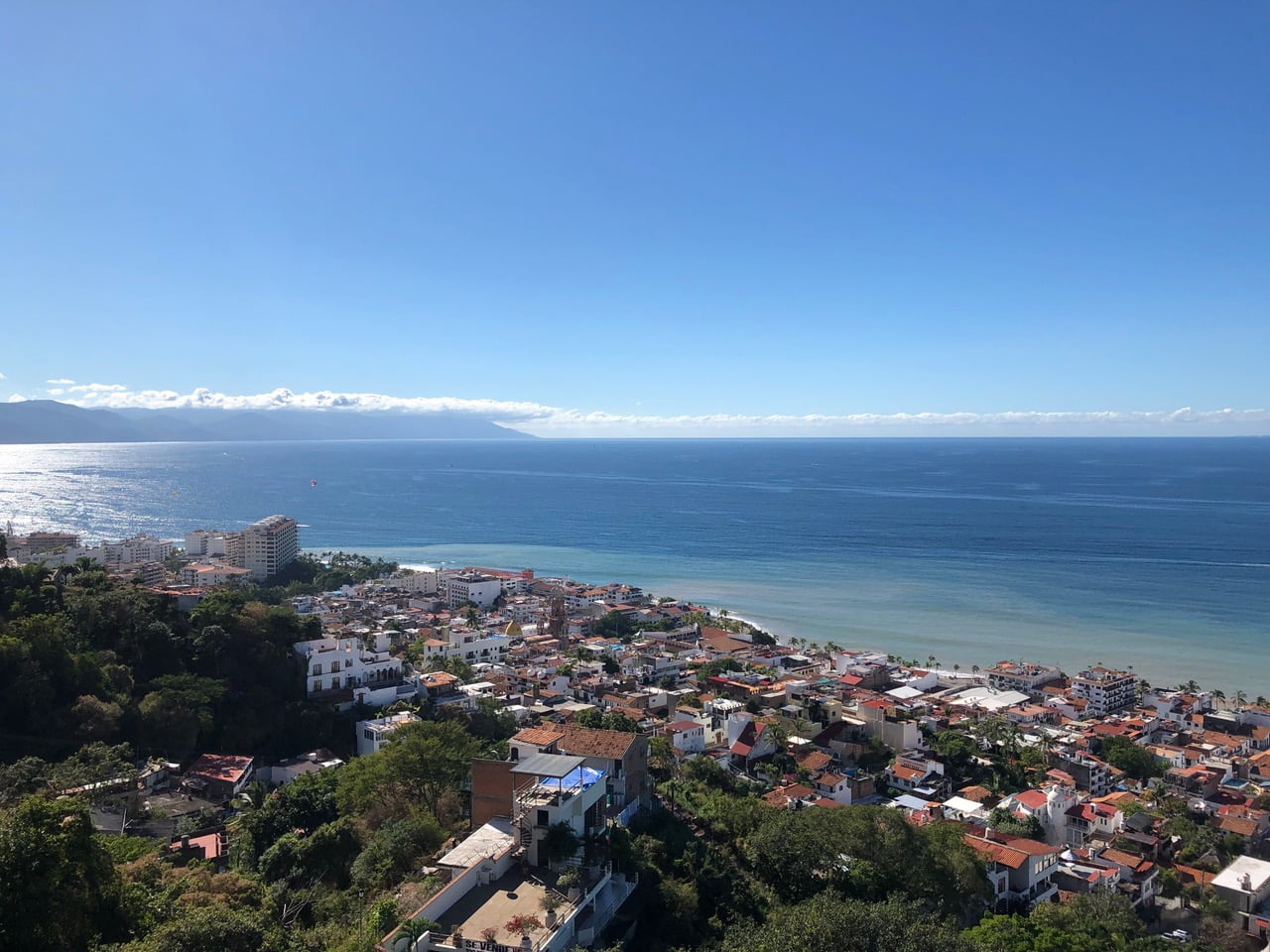
Now my dream is to help other survivors where I can and make some tiny contribution towards ending the exploitation of women and girls in the sex industry.
The acceptance of this exploitation is present in many popular circles as well as the dominant parts of the left. This is true especially among people who have never done it, or have done it under much better conditions than the majority of women worldwide.
I never ever thought I’d be able to show up openly about this part of my life (I hid it from almost everyone for so long)—so being able to do that now is a dream in itself.
Another long-held dream of mine has been to return to university as a sober woman, and do my PhD in Creative Writing, which I started in April of 2022. So that dream is happening right now.
As part of my PhD I am writing a memoir in verse about my recovery from alcoholism. I also have a memoir in verse manuscript about my experiences of domestic violence/intimate partner violence kicking around in a very unfinished state. So that is my hope now, to be able to engage with writing that may be able to have some impact, and be emotionally present as much as I can.
Question 5
Do you have role models in poetry or literature? Who are they?
I don’t seem to have role models. I never really understood how that would work, since I seem to love some things a certain person does, but rarely everything.
There are so many authors I admire of course, but again that changes over time so I’m better off talking about current favourites.
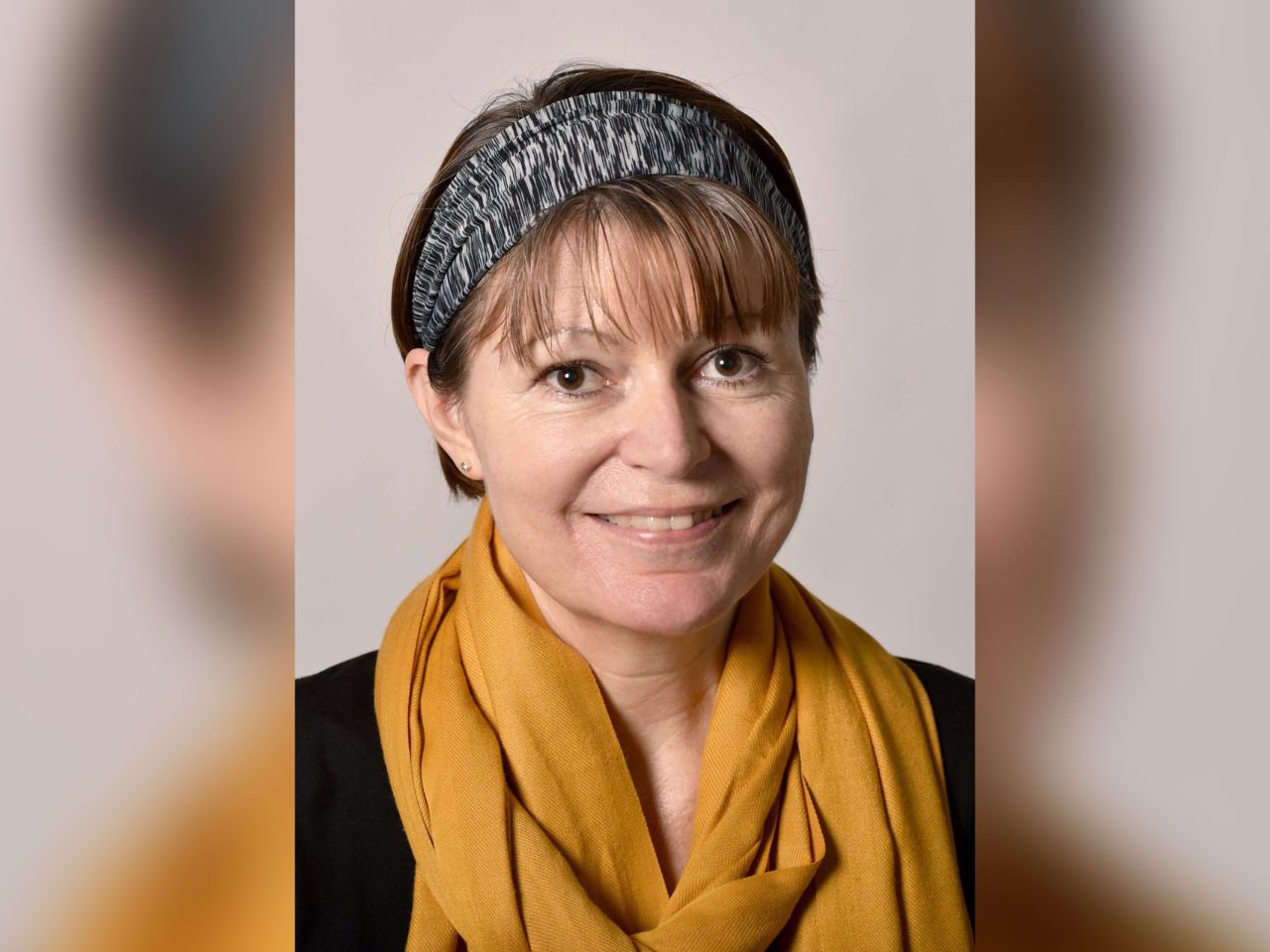
I do admire authors who write useful books (I’ll leave that without scare quotes), such as Bessel van der Kolk (mentioned above). Another favourite writer of mine is the Zen teacher and poet Norman Fischer.
There are also many Buddhist writers I admire (Alan Watts, Shunryu Suzuki, Pema Chödron—and many more). I recently read Gloria Anzaldúa’s Borderlands/La Frontera, and went nuts over that. Other current favourites include Marie Howe, Sarah Manguso, Kaveh Akbar, Claudia Rankine, and Melissa Febos.
Various Spinifex books (such as Sheila Jeffreys, The Idea of Prostitution; Julie Bindel, The Pimping of Prostitution, and the anthology Prostitution Narratives) that I read during the writing of my book were also hugely important to me. I was so accustomed to seeing nothing but the “empowered sex worker” trope, and for years I thought there was something wrong with me that I didn’t feel that way, despite my best efforts to make myself feel that way (assuming, as I mostly did back then, that I must be the one who was wrong). These books described an industry that finally accorded with my own experiences of it, which was a revelation and a great help to me.
Thank you for the questions!
It is my pleasure, Rose!
A huge congratulations for sharing your story of recovery with me. You have done so incredibly well and you seem to be really happy and proud of your achievements. I like to hear when people can recognise their worth, how they journeyed through change, and have addressed life issues head on, just like you did.
It has been an honour and pleasure to get to know you through the interview and your book Body Shell Girl, by Spinifex Press. I hope you will succeed completing your PhD!
Geneviève Gilbert
Buy Rose’s amazing book Body Shell Girl on the Spinifex Press online shop.
Rose Hunter was interviewed by Geneviève Gilbert @ Pink Cross Foundation Australia — Melbourne, August 2022.


